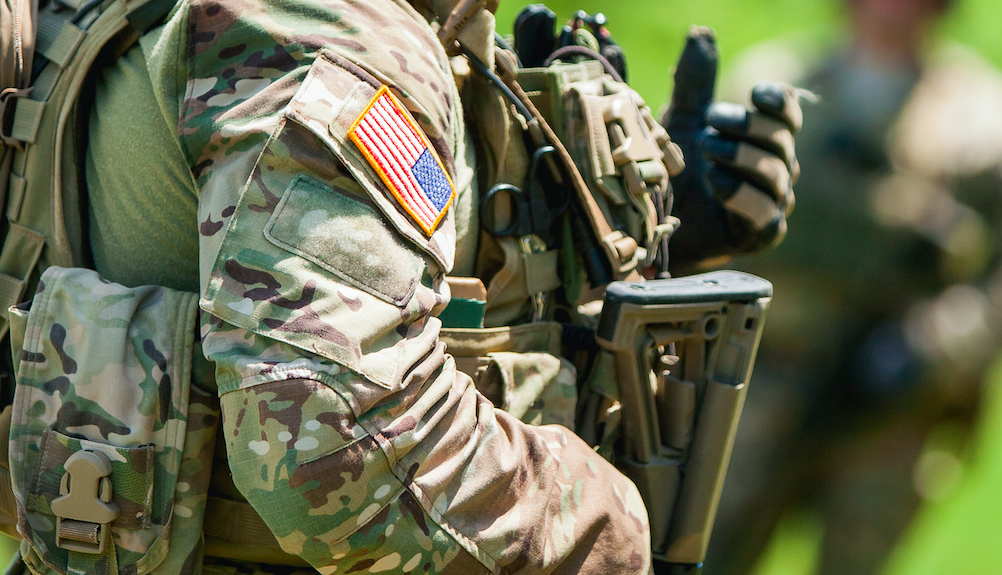“AMERICAN HEARTS” is a series of in-depth, candid conversations with United States military veterans, and those who support them.
“These guys are completely open about what they’re doing. On Facebook. On Twitter. On Snapchat. All of these different sites. And all different dating sites.”
“When we’re overseas we have the authorities and the capabilities to do all sorts of collection on however people are communicating. In the United States, a private entity like Guardian Group [a nonprofit that fights child sex trafficking] certainly doesn’t have the authorities to collect in that same way. Where we collect, very similar to how we did overseas, is not all that sophisticated. It’s on the internet, and it’s what’s known as ‘publicly available information’.”
“I can show you some of these pimps’ Facebook pages. And you’ll be shocked on how open they are, about what it is they’re doing. They’ll recruit girls from social media: ‘I’m looking for a ho. I’m looking for a bitch.’ And girls, also on social media, put out the call that they’re looking for a ‘daddy.'”
“In addition to social media, there are dozens and dozens of escort sites, that people go online and order girls. And there’s all sorts of clues on these escort sites that if you know what you’re reading or what you’re seeing, they’re advertising that these girls are underage. That they’re minors. That they’re young.”
“Just like the insurgents and the terrorists overseas, they develop their own way of speaking. They would call a hand grenade a pomegranate. They would call an IED [improvised explosive device] a watermelon. They’d call a suicide bomber a bride.”
“If you went back in the news and you looked at how many times Americans had hit a wedding. There’s a reason we hit weddings, dude. Because a wedding is a code word for an operation overseas. So when someone’s talking about a wedding and you start to see a bunch of terrorists, that we know are terrorists, come together at a meeting location, every once in a while it really is a wedding.”
“But most of the time it’s them planning for an operation.”
“If you went back in the news and looked up how many times we blew up a truck full of watermelons, that’s just a misunderstanding of ‘oh they actually were watermelons, we thought they were talking about bombs.’ There’s just all of this code speak these guys do because they’re talking to each other and they know what they’re saying is being intercepted so they use these simple codes. And you figure it out.”
“Well, the pimps are doing the same thing.”
“They communicate to each other about what their product is, and they’re communicating to the buyer what their product is. So if you know what to look for, you can narrow down ‘where are the minors?’, ‘who’s moving the minors?’ and looking to break apart that network.”
Jeff Tiegs is a retired United States Army Special Operations officer who spent over 25 years in the military, including multiple deployments to both Iraq and Afghanistan as a counterterrorism and counter insurgency operator. He now works as the Chief Operating Officer for Guardian Group, a nonprofit that works with law enforcement to stop child predators and sex trafficking.
During his transition, Tiegs attended BreakLine, an educational program that helps match veterans with employers.




































